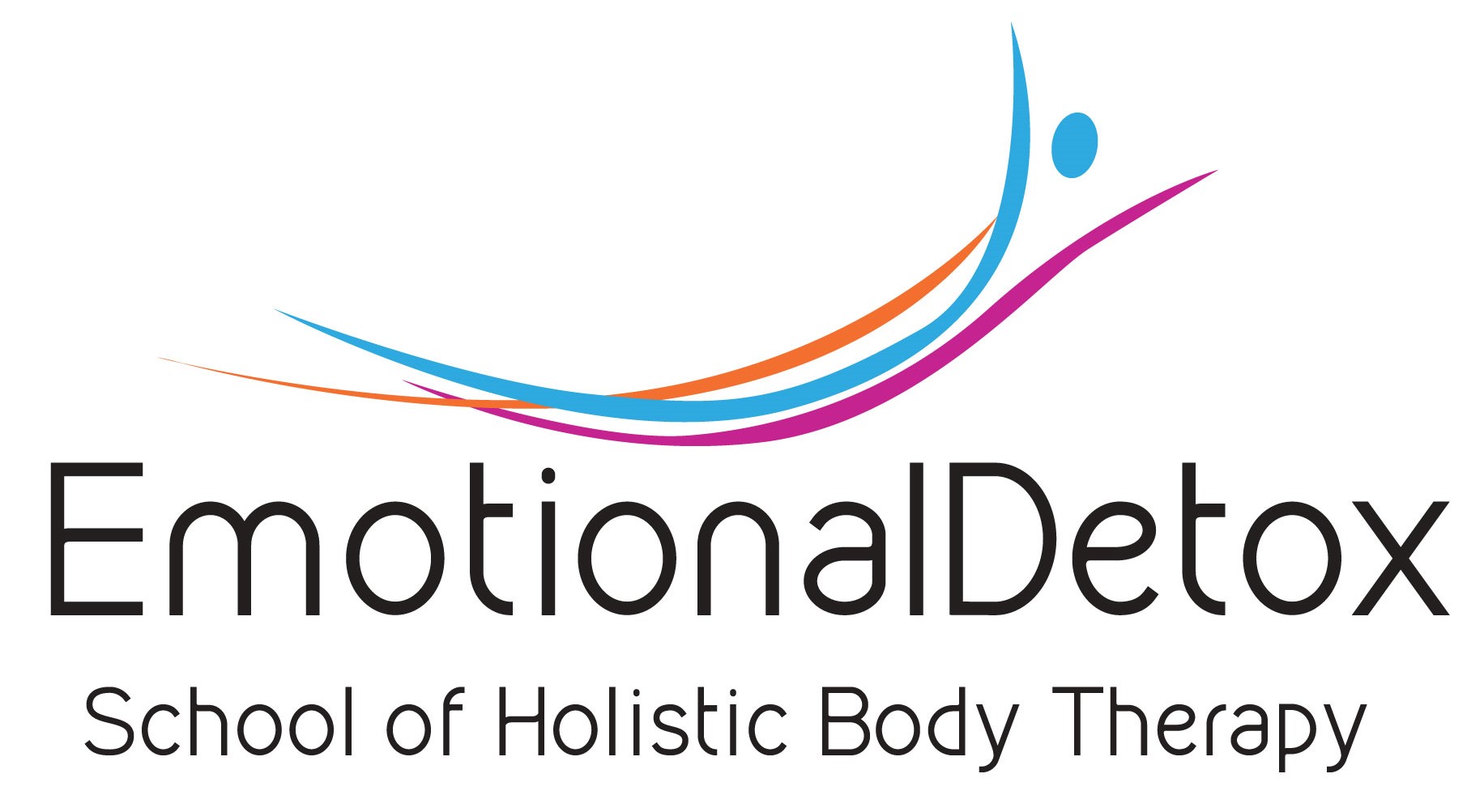When we think about emotional detox, it is easy to begin thinking about a process that will clear out and eliminate negative emotions, but an emotional detox is really about clearing out stagnant emotions.
Emotions are wonderful things; they are what allow us to experience life and give meaning to things. When we are emotionally balanced and are not unbalanced by stagnant emotions within our body we can appreciate what the whole spectrum of emotions has to offer from sadness to joy and everything in between. If you find yourself overwrought by your emotions resulting in you being depressed, anxious, insecure and depressed and overreacting to situations or withdrawing, you may want to consider that it is time for you to embark on an emotional detox.
When embarking on an emotional detox you may find it beneficial to also cleanse the body; eating clean, alkaline rich foods and drinking lots of water. Eliminating caffeine, alcohol and other toxins from the diet can aid the elimination of negative emotions. It is deeply beneficial to follow an alkaline diet and this is not a new fad diet. Pioneered by American biologist, Dr Robert Young, the theory behind the alkaline diet is simple: the digestive process causes foods to become either alkaline or acidic, as measured by their pH levels. The results are sometimes counter-intuitive, so a chart of alkaline foods is a great reference guide when starting out, as it can be confusing. Dairy for example, becomes highly acidic when digested while lemons become alkaline.
It’s important to remember the importance of a balanced diet, alkaline forming foods help the body maintain healthy pH levels, but too much acidity does the opposite; and there are many benefits of following an alkaline diet including aiding weight loss and easing digestive bloating as well as improving overall digestion, skin tone, complexion and mood. An acid based diet is linked to diseases including osteoporosis, heart problems, back pain and kidney stones.
So, before beginning an emotional detox you may want to consider embarking on a detox of your diet. Getting back to the subject of emotional detox, you may be surprised to learn that the idea behind an emotional detox is not to rid yourself of what you may consider negative or toxic emotions, but to free up and release stagnant emotions that have got trapped. By releasing stagnant, stuck emotions you become free to process and feel all of your emotions fully. Basically, after an emotional detox you are able to fully digest your emotional experiences and gain emotional sustenance. Emotions can become stuck due to trauma, resistance, negative life lessons or unhealthy attachments, but the reasons for stuck emotions can be as varied as people.
Daily self care is a very important step to take when undergoing an emotional detox, take time to support your physical and emotional body by making sure you keep hydrated, get good quality sleep, eat well, avoid alcohol and caffeine, get out in nature and embark in daily movement or exercise.
These three steps will start you on an emotional detox:
-
Becoming Aware
This is about becoming aware and making space so that we can more clearly work with our emotions. It is important to understand that emotions are stored in the body, not the head, so start taking notice of your bodily response to emotions. For example, do you feel hungry as a response to anxiety? Or have an upset stomach as a result of fear? Start taking note and find out how you respond to dispersing emotions, for example, if you feel anxious; try laughing, meditating or breathing – how do these things help your emotional state?
-
Reflection & Feedback
It is great to keep a journal to note down your feelings, sometimes the actual act of writing down feelings helps us to put things in perspective and release. The reflection and feedback title here does not refer to thinking and analysing our emotions but on taking notice of how we actually FEEL in our bodies, in ourselves. It is important to know what our triggers are and to start getting in touch with ourselves.
-
Release
We often hide behind a mask and are afraid to be ourselves, this step is about embracing the present moment, releasing fear, and taking a long slow breath. When you feel yourself becoming reactive to emotions and experiences you need to breathe in through the nose, out through the mouth and remain present in the moment. When you become less reactive and remain present you will be more open to experiencing the depths of your emotions, which will, in turn, allow you to have a more real and authentic experience of your life, and a deeper connection with other people.
To find out more about the importance of emotional detox please click here.

